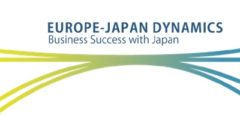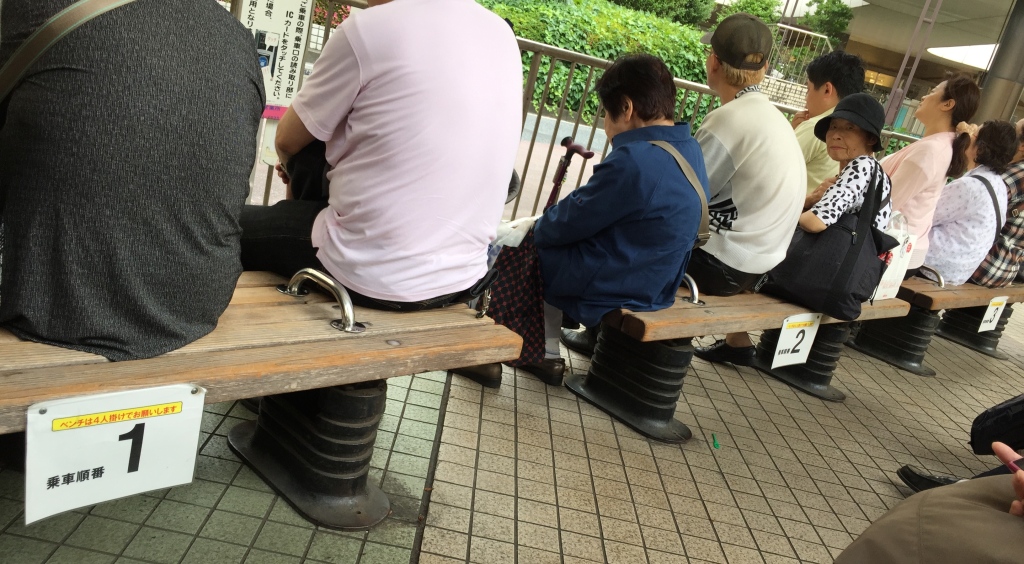Please enjoy fresh & hot news from Japan with comments by Europe-Japan Dynamics.
4 Feb. “Needing Nursing Care-Level 4” to be eligible for postal voting from this year, 740,000 more voters by post
The Japanese Government plans to include in the voters who are eligible for the postal vote those persons, mainly elderly ones, who may not be able to go out by him/herself. The new regulation will be applied from the election of the Upper House planned in July. Presently, only those certified as the “Needing Nursing Care-Level 5”, the level applied to people with heaviest difficulty in mobility and needing a long-term care, are allowed to vote by post. The Government plans to amend the government ordinance to include those at “Needing Nursing Care-Level 4”. This change will allow about 740,000 more voters to become eligible for postal voting.
Comments: This amendment is a good start. Why not allowing the voting by post to other people who may not be able to go to the voting sites on the day of voting for a variety of other reasons?
5 Feb. “Will sign the agreement”, Chaiman of Hon Hai visiting Sharp, Osaka
Mr. Terry Gou, Chaiman of Hon Hai Precision Industry (Taiwan) started on 5 February the final stage of negotiations for the acquisition of Sharp at the its headquarters in Osaka, Japan. Mr. Gou left Taiwan on 4 February, saying, “I’ll sign the agreement.”, according to a source from Hon Hai.
Comment: Sharp is strong in technology while weak in finance. Hon Hai’s stake is to strengthen its technology using its large financial resource. How will the companies manage this opportunity for their interests?
8 Feb. Amazon has started sommelier service by phone, exclusively for Japan
Amazon, a specialist of online shopping services, has started a free information service by phone for consumers to consult with sommeliers when buying wine. The sommelier recommends up to three wines out of over 8,000 wines sold by Amazon, that would match with the consumer’s preference and budget. This service is the first consultation service by telephone for Amazon and is available in Japan only.
Those consumers interested in the sommelier service input their phone numbers in the Amazon’s web site. An expert of wine calls them back between noon and 5 PM on weekdays to advise which wine to buy. The service is addressed to a wide range of consumers from beginners to advanced wine lovers.
Comment: It is interesting that an IT savvy company like Amazon uses an old media, such as phone calls, for an information service. This may be because selection of wine is so personal in nature that computer-based service can’t meet consumer needs.
9 Feb. Alleviating child poverty, bipartisan Diet member league to start for policy recommendations this month
A league of bipartisan Diet member is to start this month to alleviate poverty of children. Nine members of the Diet from seven parties, including the Liberal Democratic Party, the New Komeito and the Democratic Party, announced the prospectus on 8 February. The league plans to recommend policies for the poverty alleviation to the Government so that they would be taken into account in the “Dynamic action plan for 100 million Japanese” ( a police framework for revitalizing the economy) which the Government plans to announce in the Spring or the national budget from the fiscal year 2017 onwards.
Comment: Alleviation of the increasing child poverty is a national challenge in Japan, because child poverty will reproduce poor population for generations in the future. Politicians are responsible for creating fundamental changes to improve income distribution in society.
10 Feb. Reading Japanese announcements in your language by smart phone, Yamaha testing secret sound for language translation
Yamaha, a well known vendor of musical instruments (Hamamatsu, Japan), is developing technologies that enables us to read in-house announcements broadcasted in railway stations, shopping centers, airports, etc. translated in many languages by an application of a smart phone. Yamaha is currently testing the system in the field, e.g. shopping centers, boarding gates of domestic departures, and local buses that serves areas where there are many foreign residents.
The key of the system is to integrate “the secret sound” that human beings cannot catch in announcements. The system does not require the Internet connection or an additional equipment.
The languages being tested include English, Thai, Chinese and Korean.
It is expected that the system will largely help foreign visitors and residents, and people with hearing disabilities.
Comment: This system is an excellent example of Corporate Social Responsibility (CSR) taken by a specialist company of the sound.
- All the news items are picked up from “Asahi Digital”, and summarized and translated by Europe-Japan Dynamics. The articles are not an official translation by the Asahi Newspaper.




